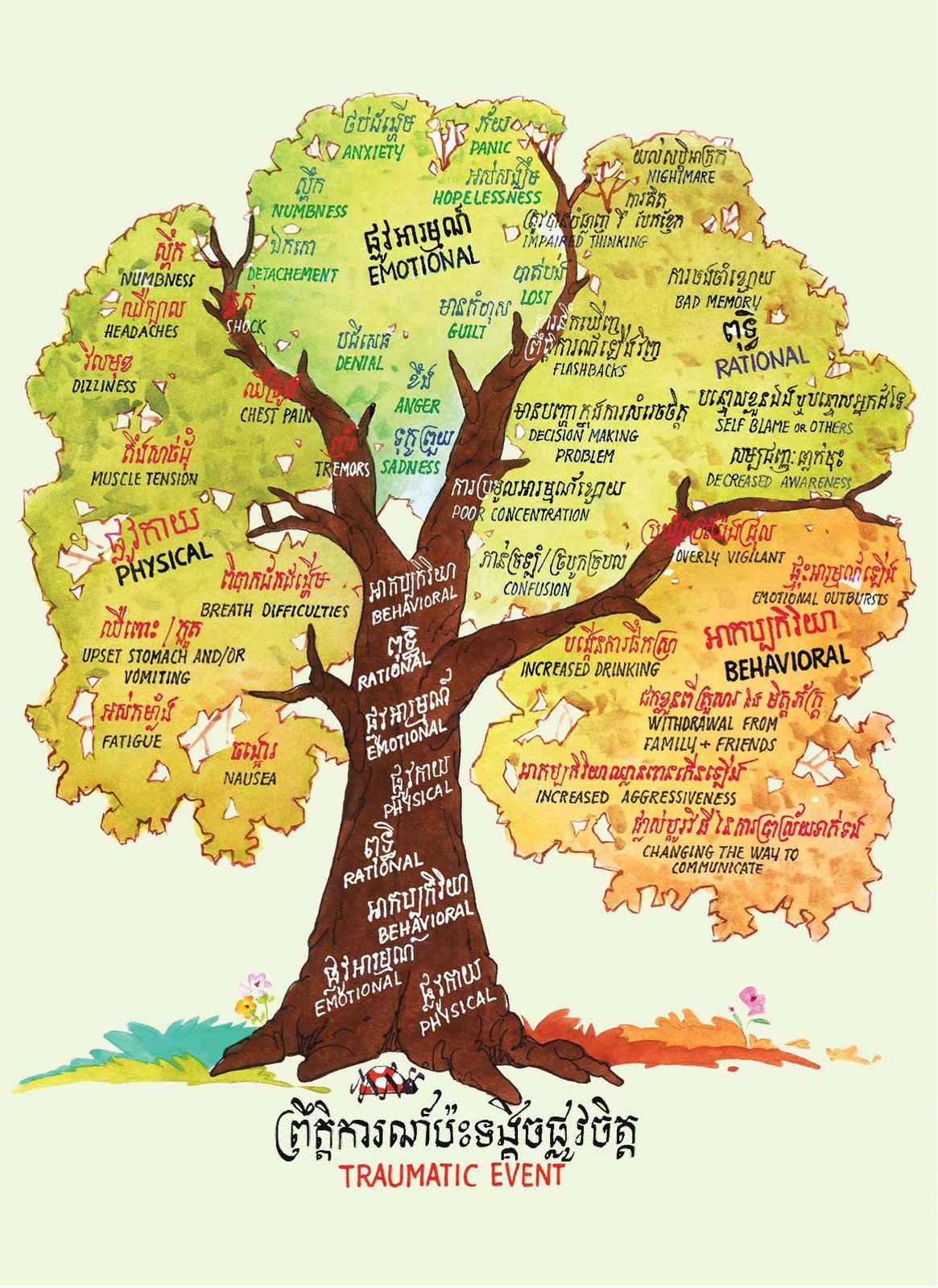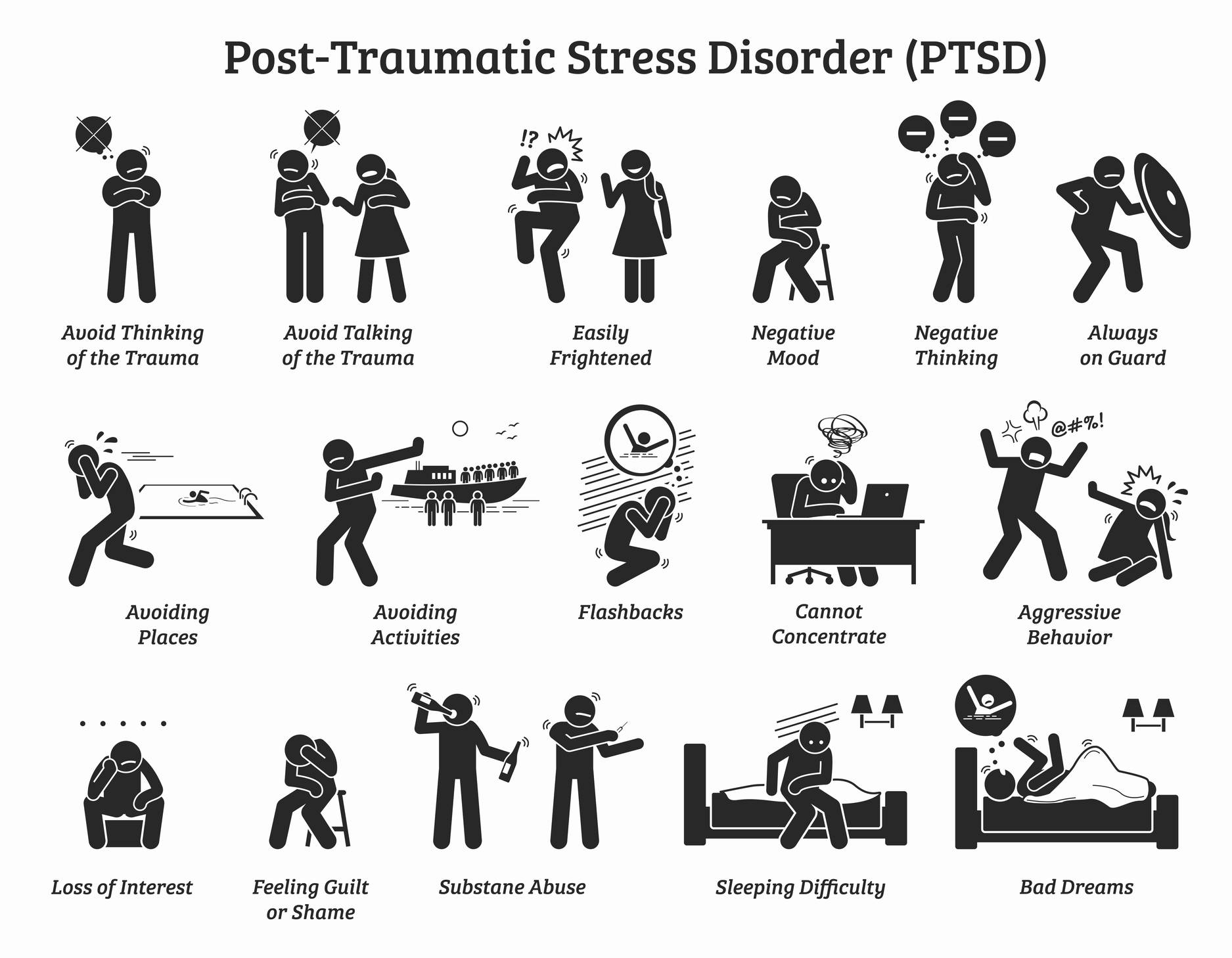

You may find yourself reliving the event through flashbacks or nightmares, feel constantly on edge, angry, guilty or upset, have panic attacks, feel numb or distant from others or have problems sleeping. Our bodies and minds get stuck in this danger mode even when the threat has passed. However, sometimes these feelings continue long after the trauma is over. Your body will usually return to normal within half an hour of the event. These all prepare your body to react to danger but can be uncomfortable or frightening if you don’t know why they’re happening. Physically, you might notice your heart beating faster, thoughts racing, breathing becoming quicker and shallower, sight becoming sharper, nausea, cold hands, shaking or dizziness. Flop – becoming overwhelmed and unresponsive, feeling disconnected from your body (dissociating), sometimes even fainting.Fawn – trying to please or win over someone hurting you.Freeze – being unable to move or make decisions.Fight – fighting, being defensive, protesting.You might have heard of ‘fight or flight’, but there is a wider range of reactions. This is an automatic survival mechanism and we have no control over it.

When faced with a traumatic event, our bodies react by preparing us to respond. Your reaction can depend on whether you’ve had previous traumatic experiences, other stresses in your life and how much support you have afterwards. How you’re affected by trauma does not matter how strong you are. living in an unstable or unsafe environment.ongoing stress such as childhood or intimate partner abuse, bullying, long-term illness or a pandemic such as COVID-19.one-off events such as an accident, violent attack or natural disaster.Our usual ways of coping are overwhelmed, leaving us feeling frightened and unsafe. Traumatic events are those that put you or someone close to you at risk of serious harm or death. You might have been caught up in the same frightening event as someone else and have a completely different reaction.


 0 kommentar(er)
0 kommentar(er)
